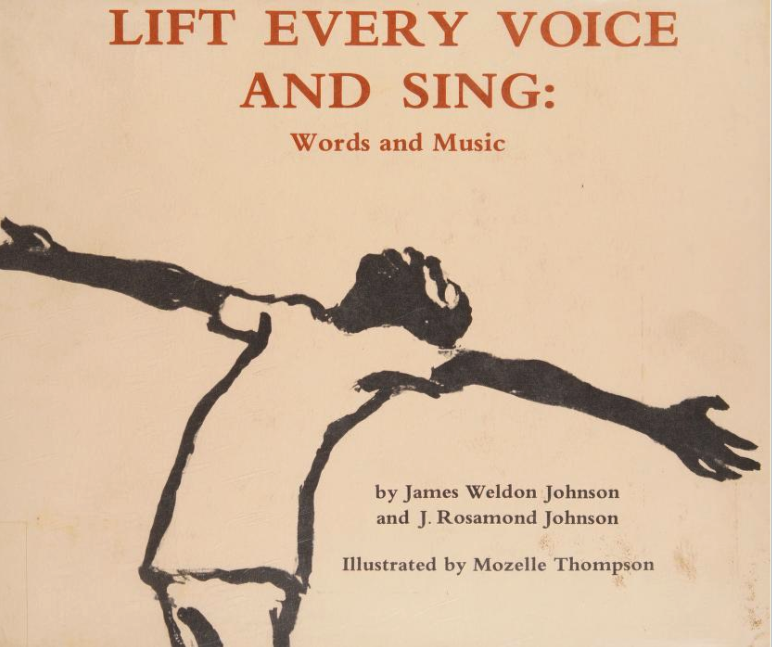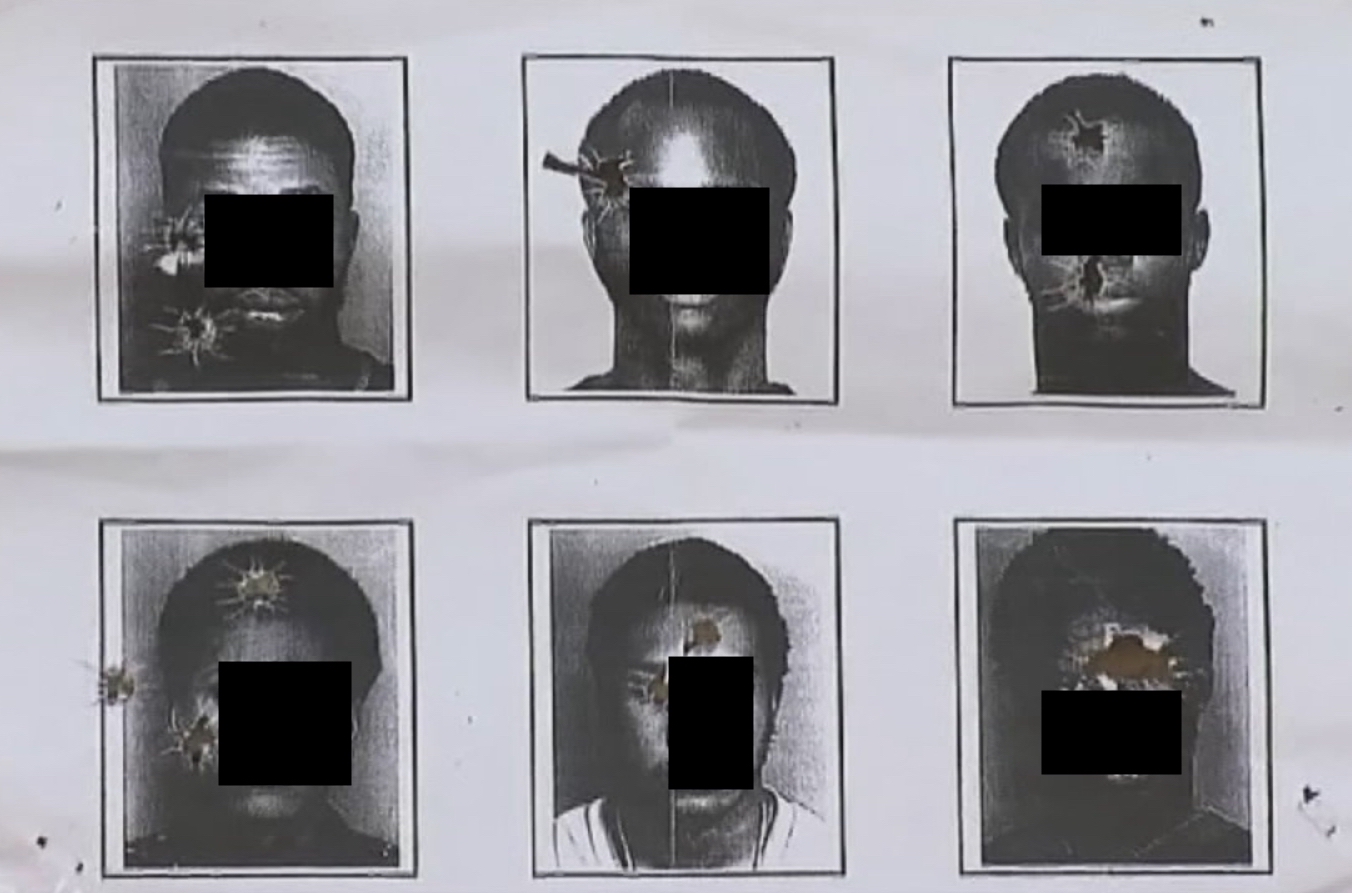The Sunday After
By DW McKinney
the inauguration of the 47th President of the United States, we gather in the church sanctuary and sing the Black national anthem1. We mourn in unison. A week after the new president resumes his campaign of white (straight, male) supremacy, of “making America great,” of rolling back civil rights and liberties for marginalized people, we step backward in time with him. We borrow the strength of Buffalo Soldiers, Black infantrymen crooning the anthem as they fought on two fronts against fascists and discrimination in World War II. We borrow from our revolutionary leaders who belted the lyrics as they marched through segregated streets. We borrow from our greats and grands who sang for glory as they conducted sit-ins, and integrated schools, and lived and died and endured. Our lungs expel the words in the air around us, but we breathe them back into our souls again and again until our grief becomes a rallying cry.
DW McKinney is an award-winning writer and editor based in Las Vegas, Nevada. A 2024 TORCH Literary Arts Fellow, she is also the recipient of fellowships from PERIPLUS Collective, Writing By Writers, and The Writers’ Colony at Dairy Hollow. Her writing appears in Los Angeles Review of Books, Oxford American, Ecotone, and TriQuarterly. She serves as nonfiction editor at Shenandoah.
Photo credit: Cover of the Hawthorn Books 1970 edition of Lift Every Voice and Sing.
A note from Writers Resist
Thank you for reading! If you appreciate creative resistance and would like to support it, you can make a small, medium or large donation to Writers Resist from our Give a Sawbuck page.
- James Weldon Johnson, civil rights activist and a leader of the National Association for the Advancement of Colored People, originally wrote “Lift Every Voice and Sing” as a poem in 1900. It was later composed as a hymn, becoming a powerful refrain throughout the Civil Rights Movement. ↩︎


